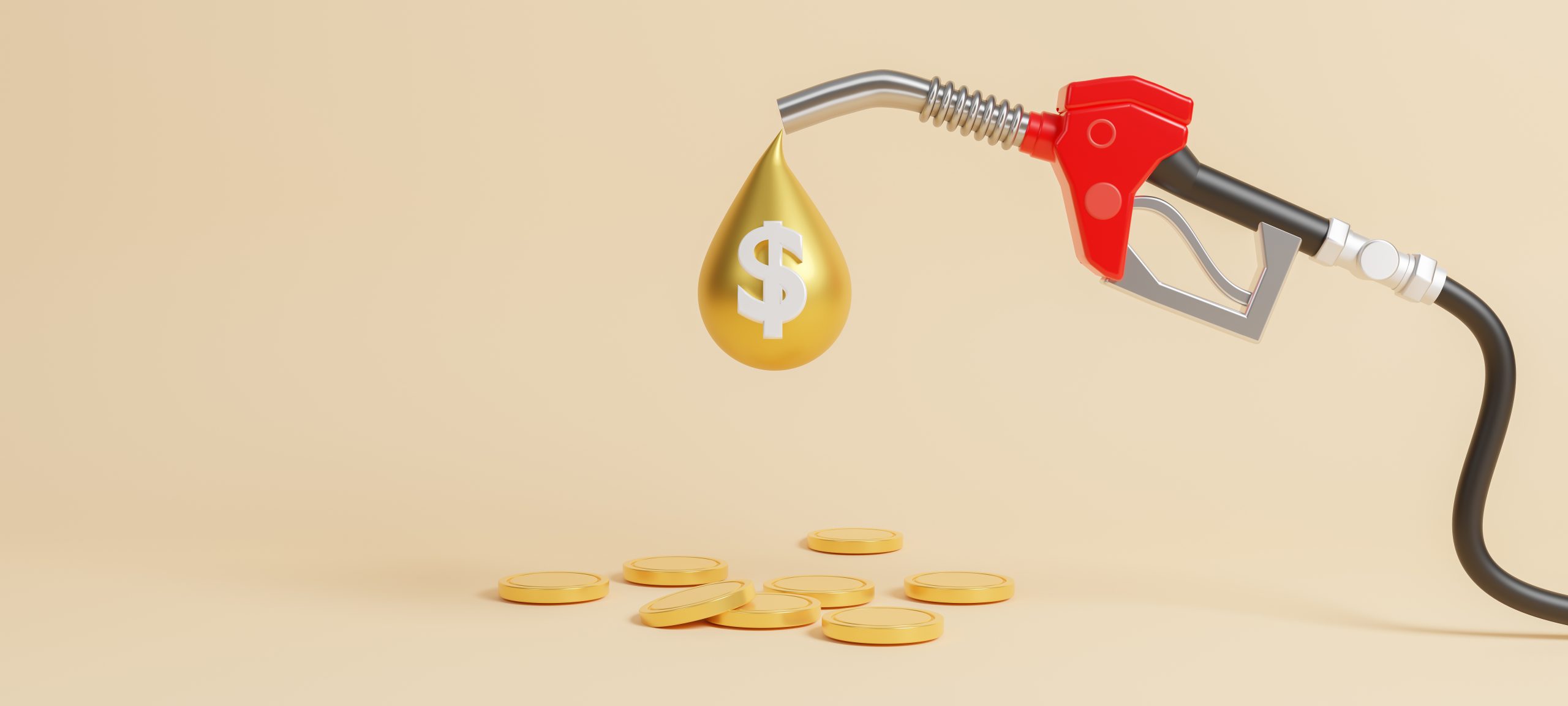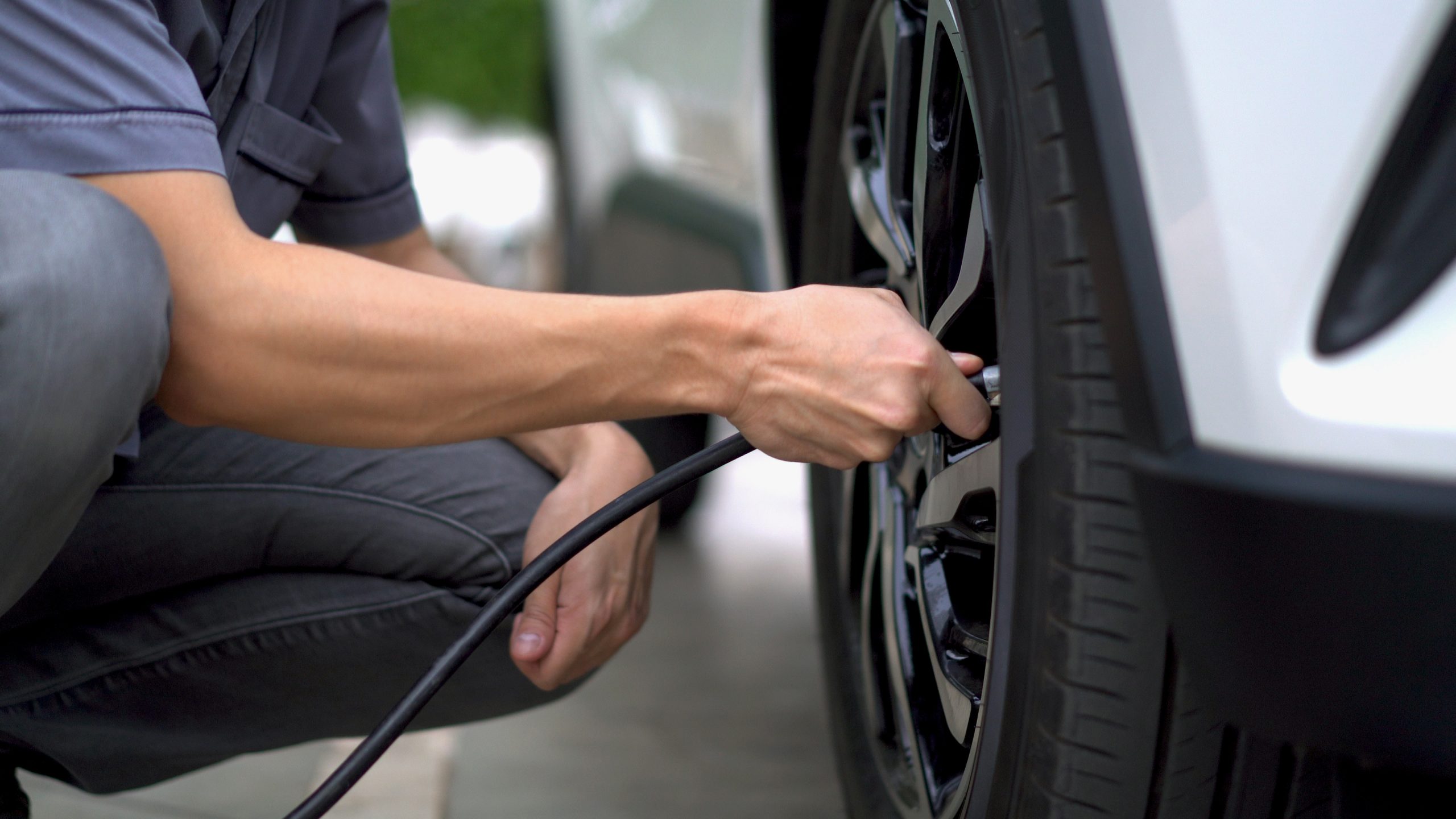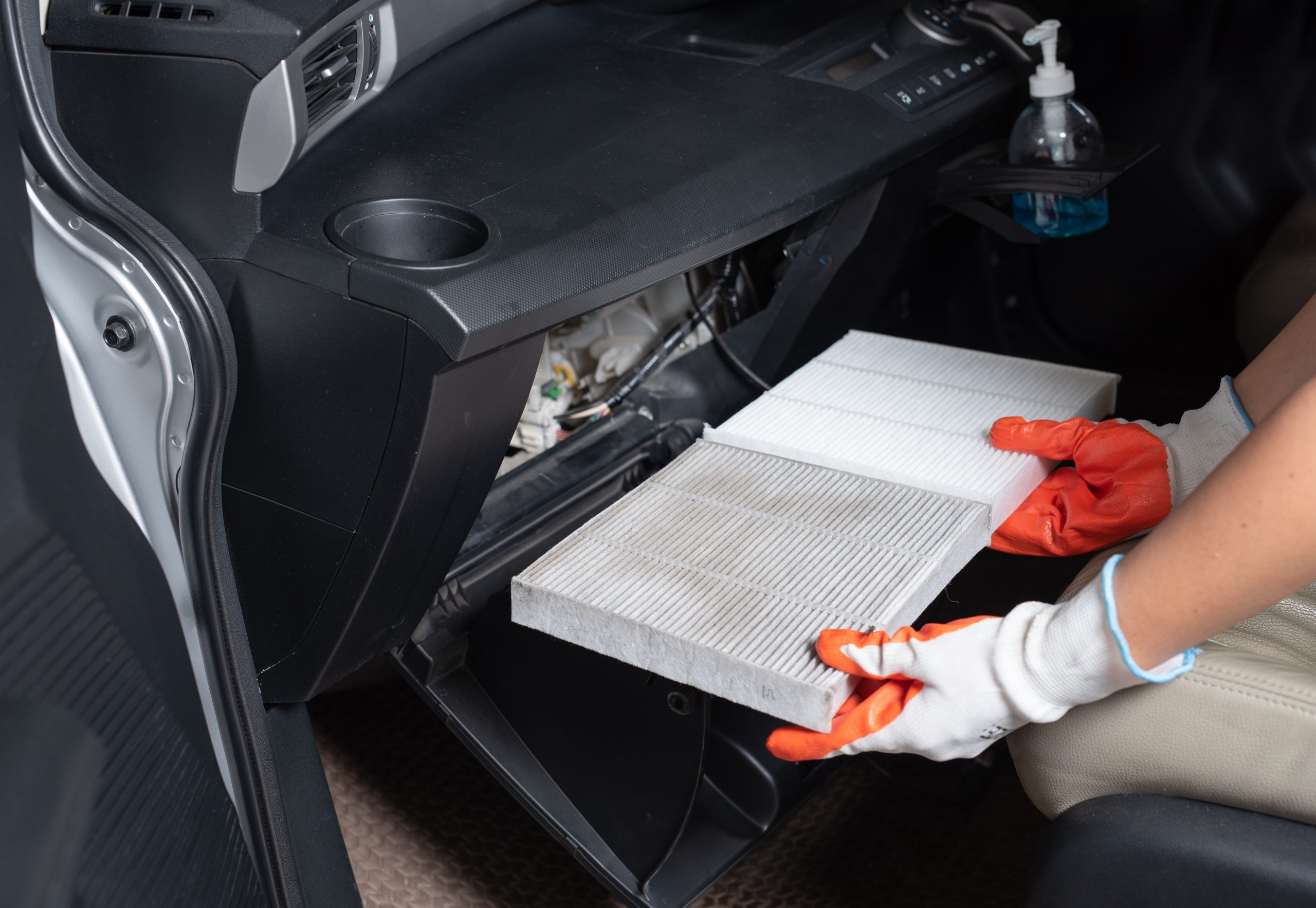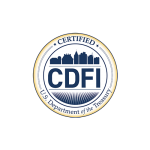
With the current volatility in the price of gasoline, it just makes good economic sense to thinks of ways to save money by reducing fuel consumption. This is a sound action to take on many levels. Not only will you save money but you could also save time and avoid unnecessary car repairs.
A vehicle’s fuel economy can vary significantly due to several factors, including how the vehicle is driven, the vehicle’s mechanical condition and the environment in which it is driven.
You may be able to improve your vehicle’s gas mileage through proper maintenance and driving habits. In fact, studies suggest the average driver can improve his/her fuel economy by roughly 10 percent.
Here are a few simple tips to help you get the best possible fuel economy from your vehicle and reduce your fuel costs. Even small changes can result in savings and reduce wear on your car.
Adopt good driving habits
Drive sensibly and avoid being an aggressive driver (speeding, rapid acceleration and braking). This can lower your gas mileage by 33 percent at highway speeds and by 5 percent around town.
Anticipate traffic situations and maintain adequate spacing between vehicles to avoid unnecessary braking and acceleration. When you do accelerate, accelerate smoothly at a moderate rate. Sensible driving is also safer, so you may save more than gas money.
Practice predictive driving
Look to the road ahead and plan your next move. Instead of slamming on the brakes to a complete stop, try slowing down as you approach the red light. When reaching the foot of a hill, start accelerating as you edge closer to it rather than when you approach it. Avoid hard accelerations when moving your car from a complete stop, or climbing a hill as it will increase fuel consumption.
Keep the air in your tires filled
Tires that are underinflated have a higher rolling resistance on the road. This means that with every mile traveled, your tires generate more friction and rolling resistance. This will increase fuel consumption. If all your tires are underinflated by 10 psi, you could be losing 10% fuel efficiency.

Keep excessive weight out of your vehicle
Don’t use your trunk for storage. Keep your car light and remove all unnecessary objects out of your vehicle.
An extra 100 pounds in your vehicle could reduce your MPG by up to 2 percent. The reduction is based on the percentage of extra weight relative to the vehicle’s weight and affects smaller vehicles more than larger ones.
Drive with the air conditioning on
This might seem counter-intuitive but driving with the windows down at speeds faster than 50 mph causes a lot of wind resistance and costs you more in fuel. Contrary to what you may think, in this situation, it’s simply more fuel efficient to drive with the air conditioner on.
Use cruise control
Using cruise control on the highway helps you maintain a constant speed and, in most cases, will save gas. A loaded roof rack can decrease your fuel economy by around 5 percent. Reduce aerodynamic drag and improve your fuel economy by placing items inside the trunk whenever possible.
Remain steady when accelerating
Avoid revving your accelerator to a high revolutions per minute (RPM). It’s better for fuel economy, as your engine uses less fuel when it is revolving slower, at a lower RPM.
Don’t braking aggressively
Slamming on the brakes increases fuel consumption as you need to accelerate again later. This is especially true if you follow too closely behind the vehicle in front of you. Not to mention, tailgating is dangerous and something to avoid. Save money by reducing fuel consumption; calm and collectively.
Don’t idle your car
If you are waiting for something or someone for more than three minutes, turn off your engine. You may not be moving but as long as your engine is on, it’s burning precious fuel.
Idling can use a quarter to a half gallon of fuel per hour, depending on engine size and air conditioner (AC) use. Turn off your engine when your vehicle is parked. It only takes a few seconds worth of fuel to restart your vehicle. Turning your engine on and off excessively, however, may increase starter wear.
Drive in top gear
If you’re driving an automatic car, make use of cruise control to keep your speed constant. If you’re driving a manual car, try to maintain a higher gear when appropriate. In each of these instances, your engines go through less revolutions per minute (RPM) and will reduce your fuel consumption.

Plan your rush hour route
Stop-start traffic puts a lot of pressure on your engine, thus burns more fuel. When possible, plan your commute to and from work carefully to help you avoid the worst of peak traffic.
Keep the engine properly tuned
Fixing a car that is noticeably out of tune or has failed an emissions test can improve its gas mileage by an average of 4 percent. However, results vary based on the type of repair and how well it is done.
Replace clogged air filters
A U.S. Department of Energy (DOE) study showed that replacing a clogged air filter on a car with a fuel-injected, computer-controlled gasoline engine does not improve fuel economy but it can improve acceleration time by around 6 to 11 percent.
This kind of engine is prevalent on most gasoline cars manufactured from the early 1980s onward. Tests suggest that replacing a clogged air filter on an older car with a carbureted engine, however, may improve fuel economy 2 to 6 percent under normal replacement conditions or up to 14 percent if the filter is so clogged that it significantly affects drivability.
Use the recommended grade of motor oil
You can improve your gas mileage by 1 to 2 percent by using the manufacturer’s recommended grade of motor oil. For example, using 10W-30 motor oil in an engine designed to use 5W-30 can lower your gas mileage by 1 to 2 percent. Also, look for motor oil that says “Energy Conserving” on the API performance symbol to be sure it contains friction-reducing additives.
Final Note
Other ways to save money by reducing fuel consumption is to drive your most fuel-efficient vehicle and telecommute (work from home) if your employer permits it.
Combine errands into one trip. Combining trips can reduce the distance you drive, and it allows you to travel more miles when your engine is warm. Stagger your work hours to avoid peak rush hours so that you spend less time in stop-and-go traffic. Also participate in carpools and ride-share programs when available. By driving sensibly and simple maintenance routines you can reduce gas usage and extend the life of your car.
For more information on fuel efficiency vehicle visit: FuelEconomy@ornl.gov Also credit Mobil Oil for recoomendations.





